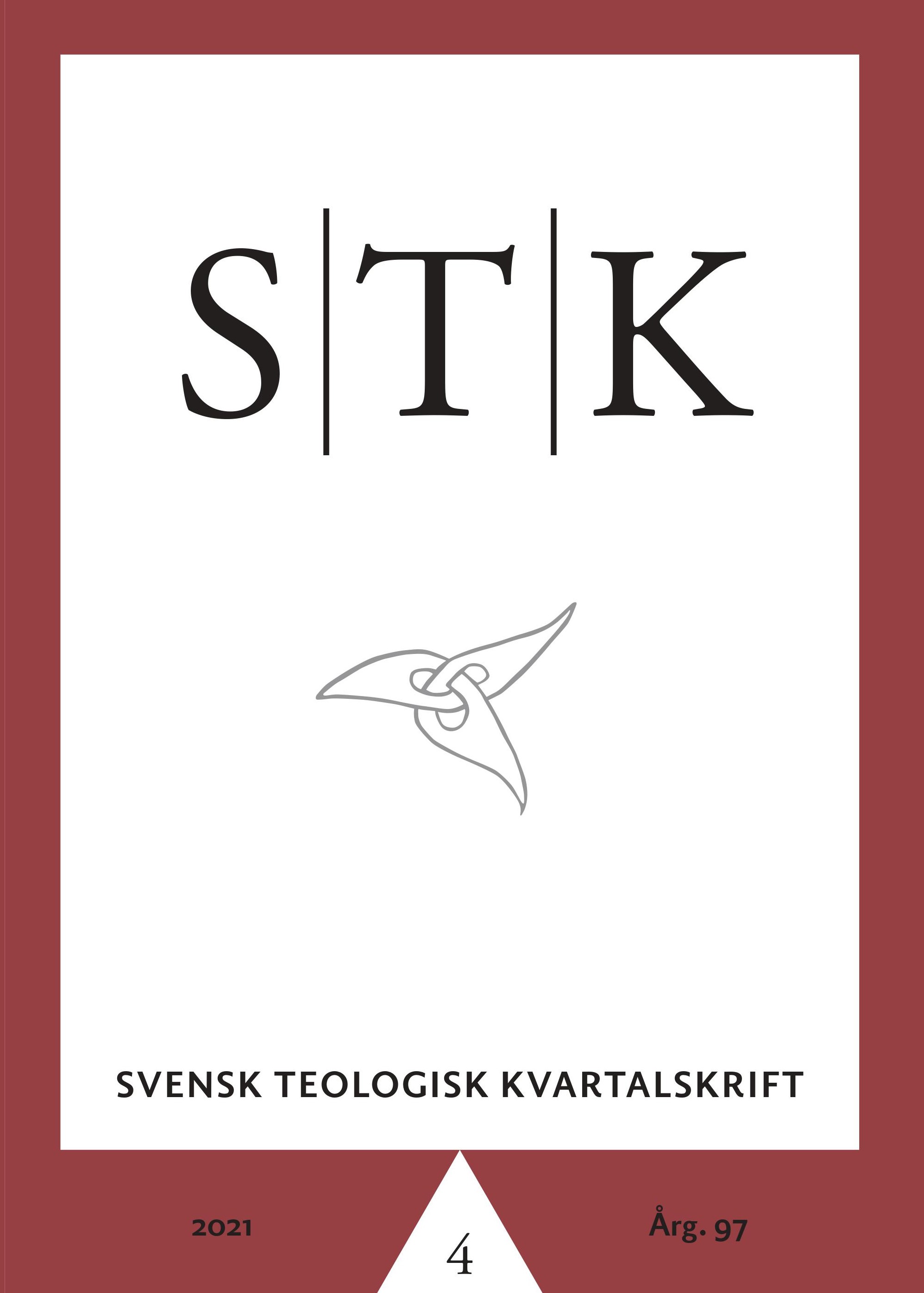Luther i den moderna lutherdomens tjänst
Albrecht Ritschl och den svenska Lutherrenässansen
DOI:
https://doi.org/10.51619/stk.v97i4.23714Abstract
There are plenty of misconceptions about how the Luther Renaissance in Sweden relates to Albrecht Ritschl and nineteenth-century German Luther research. This article sheds new light on the importance of Ritschl's groundbreaking Luther interpretation to the first generation of the Swedish Luther Renaissance, as represented by its leading voices – Einar Billing and Nathan Söderblom. I demonstrate that there are substantial similarities between how Ritschl, Billing, and Söderblom approach and make use of Luther's thought. They all combine a careful analysis of Luther's theology with an interest in understanding his role in history. And despite their high regard of Luther as the great Protestant reformer, Ritschl, Billing, and Söderblom at times show a considerable distance to his thinking. It is also evident that they found solutions to contemporary questions and challenges in Luther's writings. Their constructive use of Luther is, I further argue, closely related to a positive reception of historical criticism and an ambition to make Lutheranism relevant to modern society. This to a large extent explains why Ritschl, Billing, and Söderblom have a freer attitude towards Luther than many of their Lutheran colleagues, and also why they emphasize those aspects of his theology that they consider especially fruitful for modern society.
Downloads
Published
Issue
Section
License
Copyright (c) 2022 Leif Svensson

This work is licensed under a Creative Commons Attribution-NonCommercial-NoDerivatives 4.0 International License.


